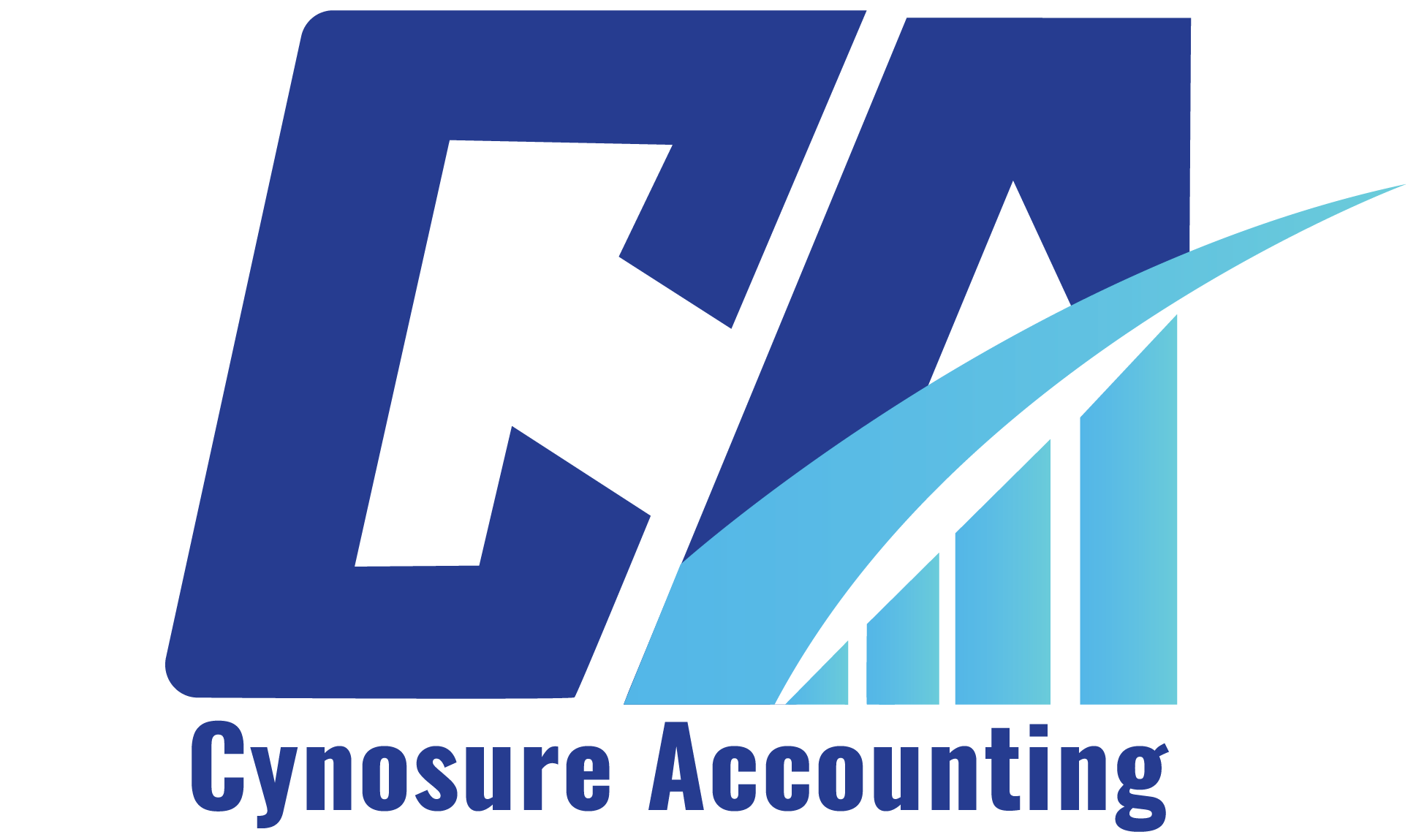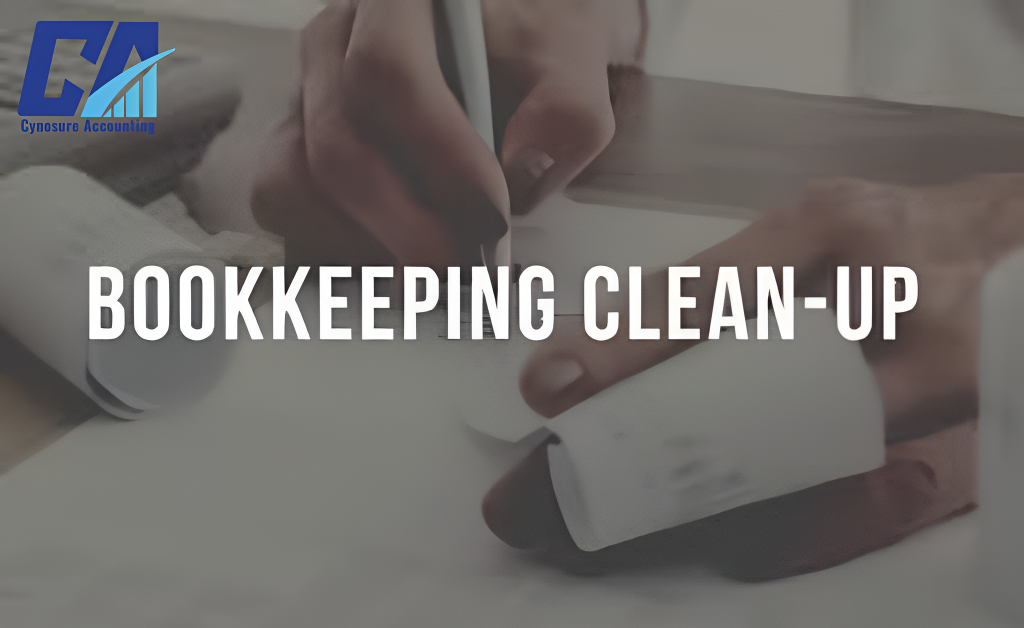Running a business on a budget means wearing a lot of hats—including the bookkeeper’s. If you’ve found yourself behind on your finances, don’t stress. You’re not alone. Many small business owners hit a point where they realize their books need attention. And while hiring outside help is great, sometimes it’s just not in the cards. That’s where these DIY Bookkeeping Cleanup Tips come in. They’re designed to help entrepreneurs like you clean up your financial records, save money, and make smarter decisions—without needing a full-time bookkeeper or expensive software.
Why Clean Books Matter More Than You Think
Sloppy records don’t just make tax season harder—they can lead to penalties, missed deductions, and poor financial decisions. Clean books help you:
- Stay compliant with current tax laws
- Track your cash flow more accurately
- File tax forms on time with fewer headaches
- Understand your actual profits and losses
- Make better day-to-day business decisions
When you understand your numbers, everything becomes easier—from budgeting to hiring, investing, or applying for funding.
Create a Simple Bookkeeping Cleanup Checklist
Before diving in, make a list of everything you want to fix or update. Having a simple checklist can keep the process from feeling overwhelming. Here are key areas to include.
Reconcile Bank and Credit Card Transactions
Start by matching every transaction in your books with your bank and credit card statements. Look out for missing transactions, duplicates, or anything that looks off.
Organize and Match Receipts
Gather all your receipts—both digital and paper. Each expense should have a matching receipt. Keep in mind that many of these may be tax-deductible, especially if they relate directly to business operations.
Review Your Chart of Accounts
A cluttered or confusing chart of accounts can lead to reporting errors. Clean it up by combining redundant categories and archiving ones you no longer use. Make sure everything is organized in a way that reflects how your business actually works.
Accuracy Is Everything
The whole point of cleaning up your books is to make sure the information is correct. Small errors can snowball into big problems, so take your time with this part.
Fix Misclassified Transactions
A lot of small businesses accidentally code things to the wrong place. Payments to vendors might be listed under accounts receivable instead of accounts payable. Review each entry and correct as needed.
Watch for Negative or Unexpected Balances
If you see strange numbers—like a negative asset or unexplained liability—it could be a sign of a data entry error. This is where understanding debits and credits is helpful. A simple mistake in the double-entry accounting system can throw off your balance sheet completely.
Get Rid of Duplicates
Check for any invoices, bills, or payments that may have been entered twice. These will throw off your reports and confuse your profit and loss statements. Always confirm before deleting anything.
Don’t Skip Payroll and Contractor Payments
Payroll is another area where bookkeeping cleanup tips are important—and often overlooked. Errors here can lead to serious compliance issues.
Match Payroll Records to Actual Payments
Look at each payroll run and compare it with what was actually paid out, including taxes and withholdings. Double-check that you’re categorizing everything correctly.
Review Vendor and Contractor Payments
Make sure you’ve properly recorded all contractor payments. If you paid a vendor or freelancer more than $600 during the year, ensure you have their W-9 and have them set up for year-end reporting.
Check Your Accounting Software Setup
Whether you’re using QuickBooks, QuickBooks Online, or another tool, your software settings play a big role in how smooth your bookkeeping cleanup Tips is.
Clean Up Automation Rules
Most accounting software allows for rules to auto-categorize transactions. Review these to make sure they’re working in your favor—and not putting things in the wrong category.
Archive Inactive Clients and Vendors
Too many old profiles cluttering up your system? Archive them. It makes your software easier to navigate and helps reduce the chance of misapplying payments or credits.
Review Financial Reports to Catch Final Issues
Once the cleanup is done, generate your key reports. This is the real test of how accurate your bookkeeping cleanup tips now are.
Profit and Loss Statement
This report shows your total income and expenses over a period of time. It’s a core part of understanding how your business is performing.
Balance Sheet
This gives you a snapshot of your assets, liabilities, and equity at any given time. It’s essential for lenders, partners, and long-term planning.
Cash Flow Statement
This shows where your money is coming from and where it’s going. If you’re low on cash but high on profits, this is the report that will explain why.
Know When to Call in a Pro
While it’s great to do things yourself, there’s also a point where it makes sense to hire a professional bookkeeper. If your books are more than a year behind, or you’re not confident in how to fix certain entries, getting help might actually save you money and time in the long run.
Keep Things Tidy Going Forward
A little regular attention can prevent your books from getting messy again.
Set a Weekly Schedule
Block out 30 minutes a week to go through new transactions, upload receipts, and send or follow up on invoices.
Use Your Software to Its Full Potential
Make sure your accounting software is connected to your bank, credit card, and payroll accounts. This reduces manual entry and errors.
Stay on Top of Accounts Receivable and Payable
Check on open invoices and unpaid bills regularly. The better your handle on these, the smoother your cash flow will be.
Cleaning up your books doesn’t have to be overwhelming or expensive. With the right DIY Bookkeeping Cleanup Tips, you can take control of your finances and avoid costly mistakes down the road. Whether you’re just catching up or making small tweaks, consistency is what keeps things running smoothly.
Use this guide as your starting point, and remember: even small improvements can make a big difference. Keep it simple, stay organized, and give your business the strong financial foundation it deserves.

